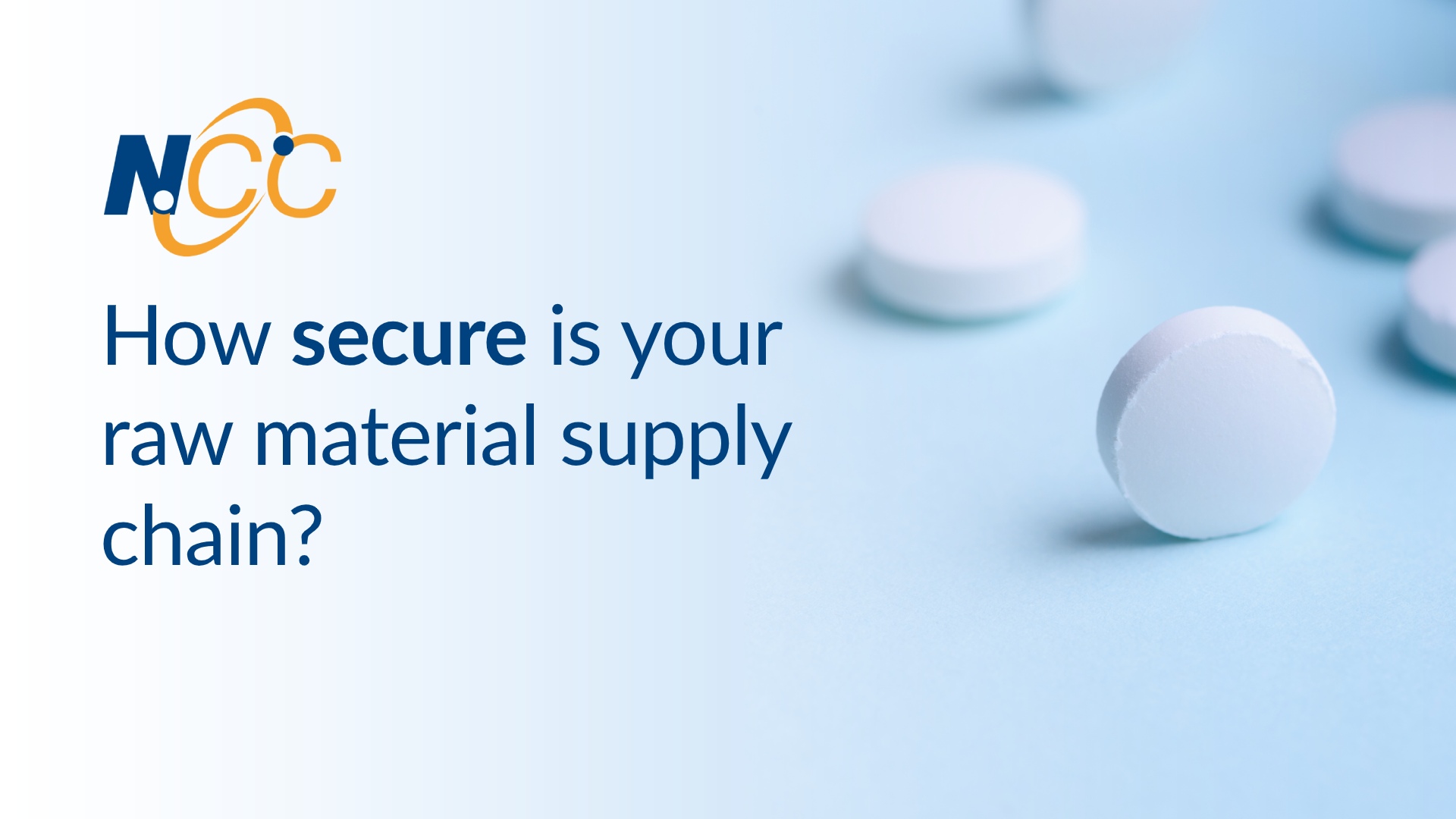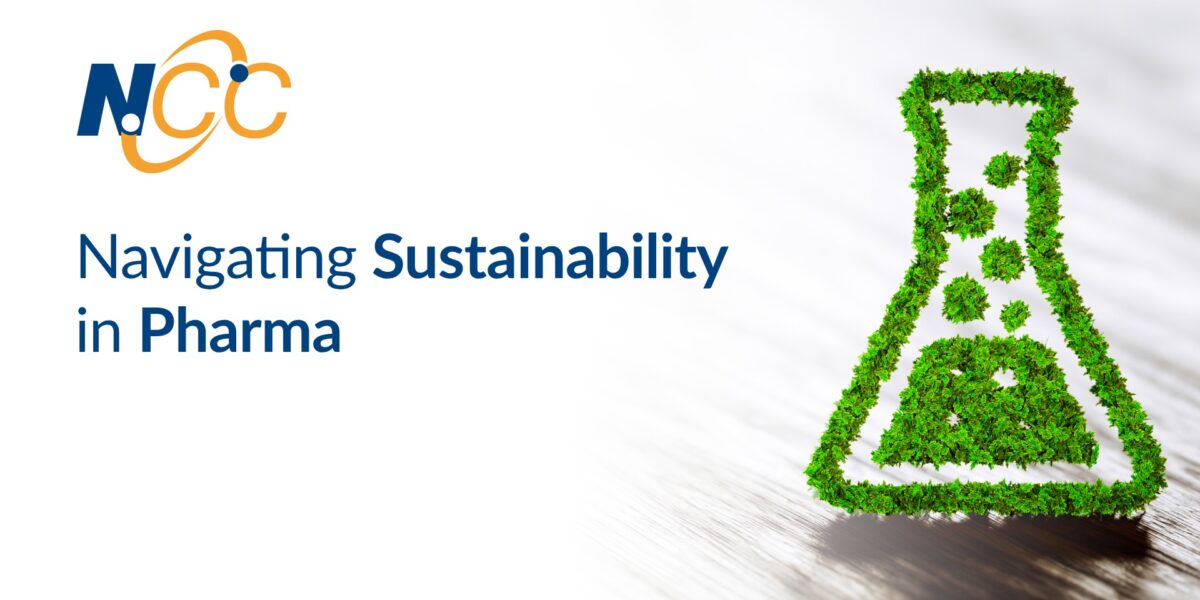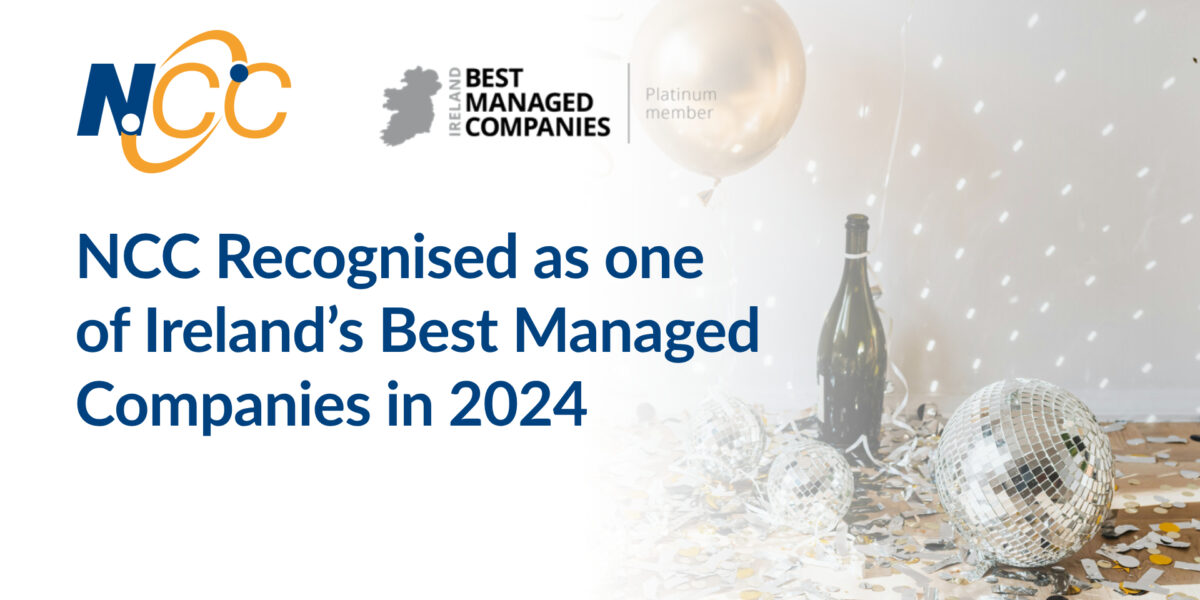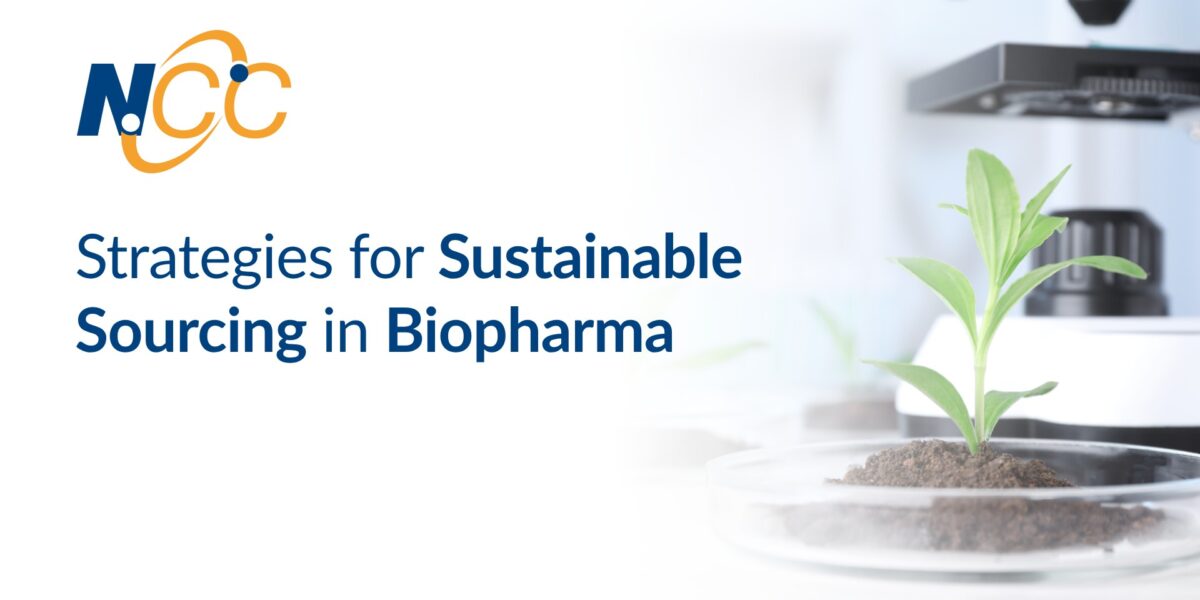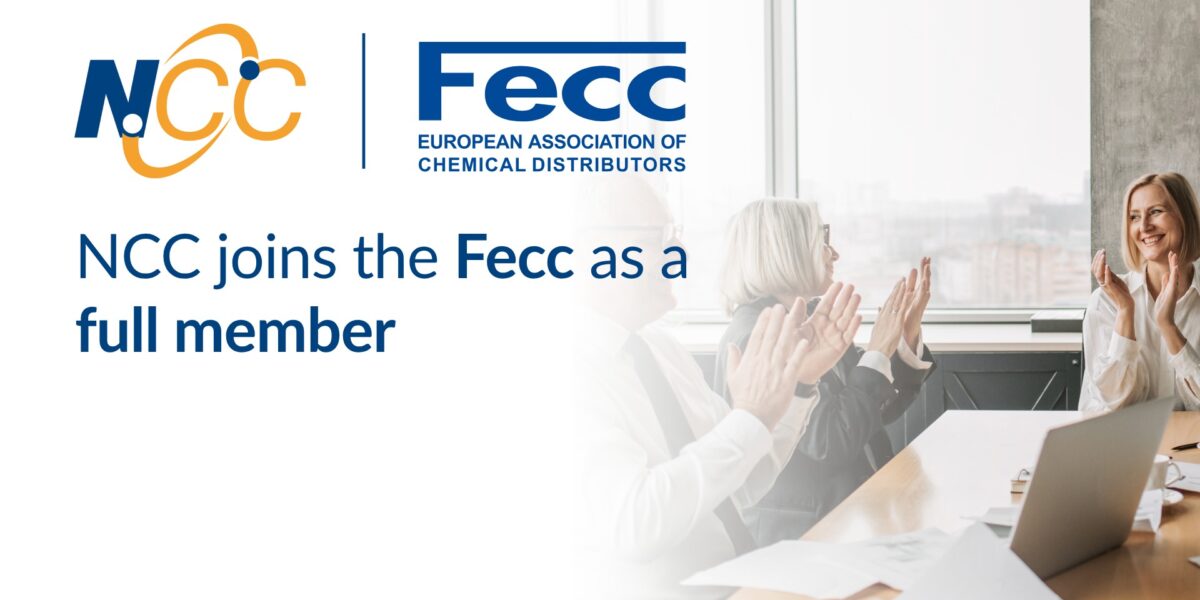Christy Smith, Product Manager, NCC takes a closer look at the potential challenges and opportunities in relation to the raw material supply chain that exist and lie ahead for the Pharmaceutical industry.
Some would argue that the Pharmaceutical industry is a bit more resilient to market fluctuations than other industries. Though there may be some truth in this, I believe that it is important to be prepared for the worst-case scenario. With that in mind I have assembled a list of potential challenges that face the Pharma industry along with solutions. This is not a complete list but rather a selection that I think the industry should consider.
Current and future raw material supply chain challenges and solutions
COVID-19
The pandemic resulted in the shutdown or reduction of manufacturing and transportation globally. This meant that certain key chemicals became harder to source as well as transport. Price fluctuations as well as delays have been additional common challenges.
Solution: Partner with a flexible and experienced supplier that has in-house sourcing and research capabilities to conduct manufacturer due diligence, assessments and verification. In addition, this supplier should also have internal compliance and logistics expertise.
Brexit
Ireland has been traditionally grouped with the UK when it comes to sales channels for supply and distribution. With a hard Brexit looking more likely, establishing new transport routes for sourcing raw materials to avoid potential UK tariffs and delivery setbacks may be necessary. In addition will UK sales offices be able to deal effectively with EU regulations when exporting to Ireland?
Solution: If you haven’t already done so, then re-examine all existing sourcing channels, establish which partners can provide the most reliable and competitive routes as soon as possible.
Governmental enforcement of regulations
In Jiangsu province, China, local government stated that in 2019 they planned to shut down 579 chemical firms as well as 9 chemical industrial parks. This was as a result of a series of accidents within the region. Shutdowns similar to this could lead to shortages in key raw materials resulting in higher prices and longer lead times.
Solution: Ensure you have a contingency plan, partner with a supplier who has 2nd sourcing options.
REACH
If a chemical is not REACH registered and your company requires more than 1 tonne, then it may be necessary to go through the process of REACH registration. It can be complicated, costly and resource intensive. Challenges include identifying suitable manufacturers (this can be particularly difficult outside of the EU) as well as the expense, expertise and time required to go through the registration process.
Solution: Regardless if your organisation has inhouse REACH expertise or not, registration can be very laborious and utilising an outsourcing partner that has expertise and resources could be worth considering.
Sustainability concerns
Increasingly complex regulations are making it difficult to use chemicals that traditionally would be the most cost-effective solution. Often these chemicals are not the most environmentally sound or safe to handle, therefore alternative solutions will be required in the foreseeable future to maintain supply chain integrity.
Solution: Sustainability within Pharma will more than likely become a very important factor in the near future. Therefore, researching and sourcing alternatives sooner rather than later should be high on most organisations’ agendas.
Taking steps towards securing your supply chain
To ensure that you’re not vulnerable to some of the future challenges listed above it’s important that your company partners with an experienced sourcing supplier. NCC has over 50 years of experience. Our excellent track record and in-house experts ensure that our customers receive consistently compliant products, solutions and services that have full supply chain traceability and meet the highest global standards. For further information fill out the form below and we’ll be in contact.
